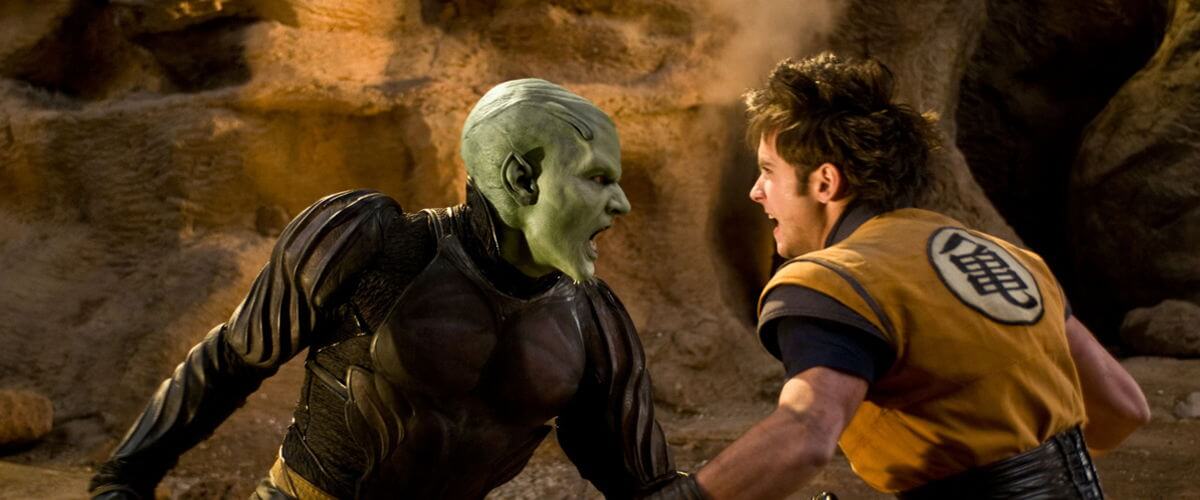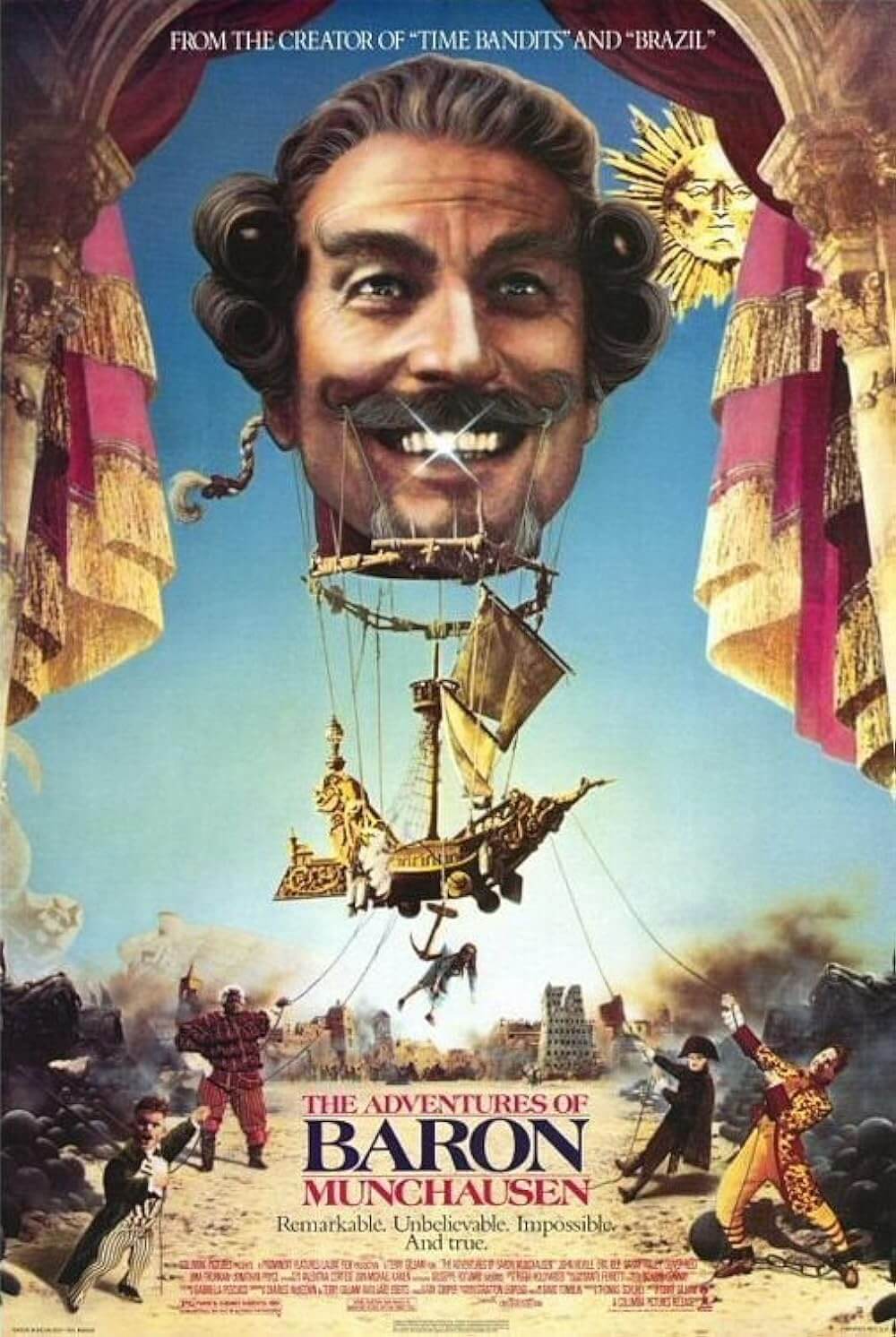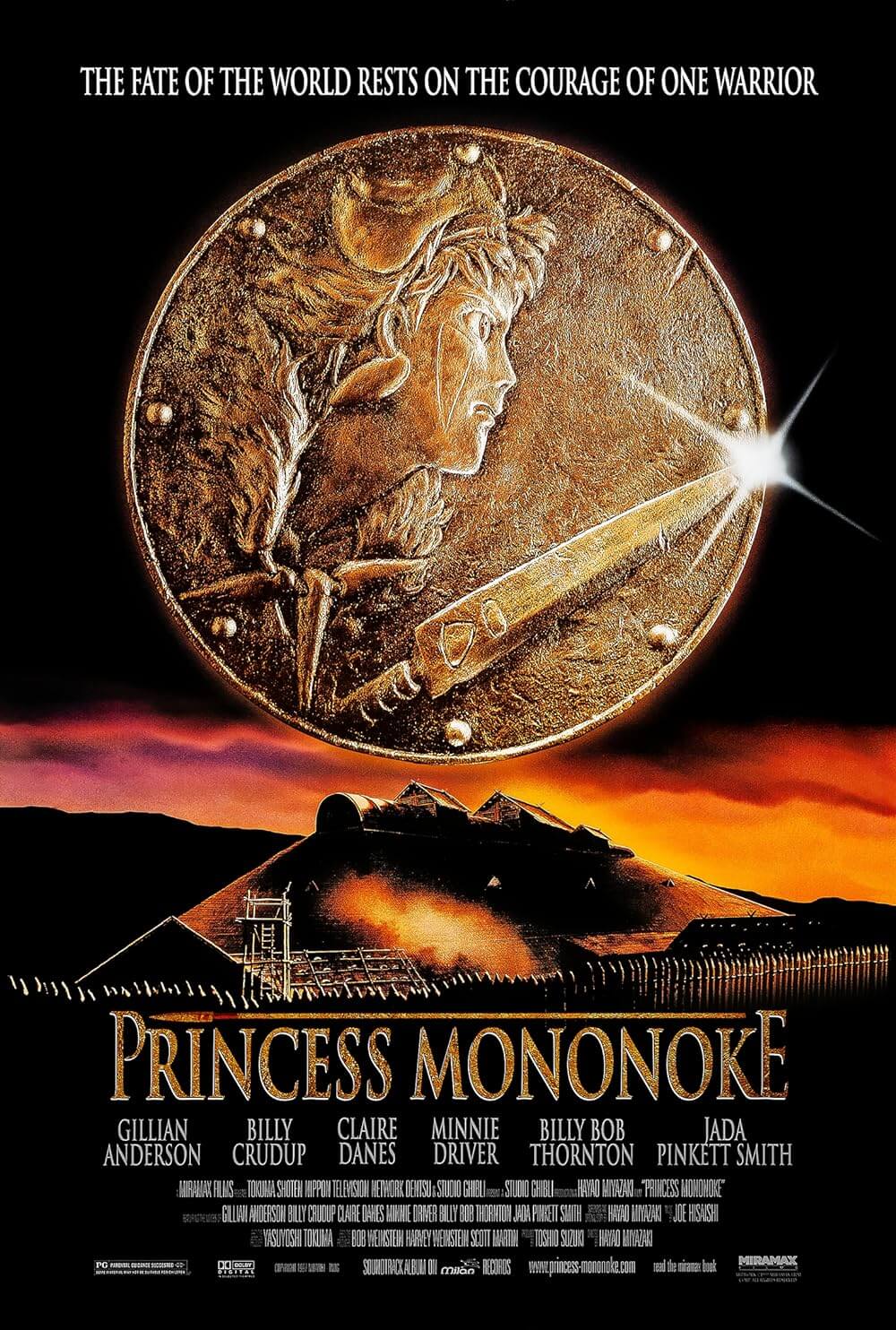
Dragonball Evolution
By Brian Eggert |
Dragonball Evolution was based on the popular Japanese manga and anime series. Produced by Hong Kong action-comedy guru Stephen Chow, the film comes to life with haphazard storytelling, suggesting Hollywood threw the product together to make a quick return on opening weekend, hoping for some quick brand-name recognition. The resulting mess from their production’s laziness speaks to how little anyone cared about making this picture and, thus, how little we should care.
This is one of those movies that wasn’t screened for critics, which is never a good sign. When the studio releasing the film, in this case Twentieth Century Fox, doesn’t want to generate buzz because inevitably it will be bad, you know you’re getting into dangerous territory. Attending an afternoon screening on opening day, I found myself alone in the theater despite a father and his two preteen sons. About twenty minutes in, even the children were bored, standing up out of their seats, as indifferent as I was toward the drivel being purveyed onscreen.
The story is your typical teenager-discovers-he’s-the-chosen-one-and-must-save-the-world-from-evil adventure. Goku (Justin Chatwin) receives a dragonball from his grandfather Gohan (Randall Duk Kim) on his eighteenth birthday, and he’s told there are six more hidden about the globe. Goku must team up with the gun-toting Bulma (Emmy Rossum), loot-minded thief Yamcha (Joon Park), and the wacky Master Roshi (Chow Yun-Fat), who is so wacky that he wears Hawaiian shirts and drinks soda (yes, that wacky).
They face a 2,000-year-old alien called Piccolo (James Marsters), who looks like an updated version of a 1950s B-movie Martian, sans antennae. Once Piccolo finds all the dragonballs, he can make his evil wish to destroy the world. But if Goku and his friends find the dragonballs, they can wish Piccolo away. In either case, the wish is granted by a dragon that comes out of nowhere when his balls are placed on a special rock… Retelling all this just makes it more absurd, and director James Wong, who helmed The One and wrote some of the best episodes of The X-Files, underlines that absurdity every chance he gets.
Even fans of the source have little to enjoy here. I’ve seen snippets of the anime on television, so the best I can offer is second-hand testaments to the accuracy. A friend of mine panned the production, upset that “All the talking animals are gone!” He also pointed out that Goku had a tail in the cartoon, and that he was loosely based on the legend of The Monkey King and Wu Cheng’en’s Journey to the West. This forces me to recall The Forbidden Kingdom, the Jackie Chan-Jet Li vehicle that, like this film, starred a North American teenager in a martial arts-laden adventure derived from the same inspirational sources and likewise overdubbed its Asian celebrities.
That these legends are being Hollywoodized, but more notably removed of their Asian characteristics, is just plain wrong. Granted, these stories are “borrowed” by Western storytellers all the time, but when your movie is so explicitly based on Asian characters, a quirky Canadian actor (Chatwin) heading up the show seems too far removed from the source. Once again, I am forced to wonder why American studios typically avoid Asian leading men, especially in cases such as these. Instead, they’d rather have actors like Ernie Hudson play an age-old monk Master because, after all, he was the fourth Ghostbuster.
Perfect for 10-year-old boys concerned only with special effects and elaborate fighting, torture for everyone else, Dragonball Evolution offers enough slapdash moviemaking and cheap humor that audiences will be baffled at how this near-campy exercise made it to the screen. Indeed, the result seems like a cable network original feature, which to everyone else just resembles a shoddy TV-movie with some notable stars. It’s a hyperactive, eye-rolling affair, that can’t decide if it’s a cartoon or a movie, and should be altogether ignored by your cinematic radar.

Thank You for Supporting Independent Film Criticism
If the work on DFR has added something meaningful to your love of movies, please consider supporting it.
Here are a few ways to show your support: make a one-time donation, join DFR’s Patreon for access to exclusive writing, or show your support in other ways.
Your contribution helps keep this site running independently. However you choose to support the site, please know that it’s appreciated.
Thank you for reading, and for making this work possible.
Brian Eggert | Critic, Founder
Deep Focus Review







